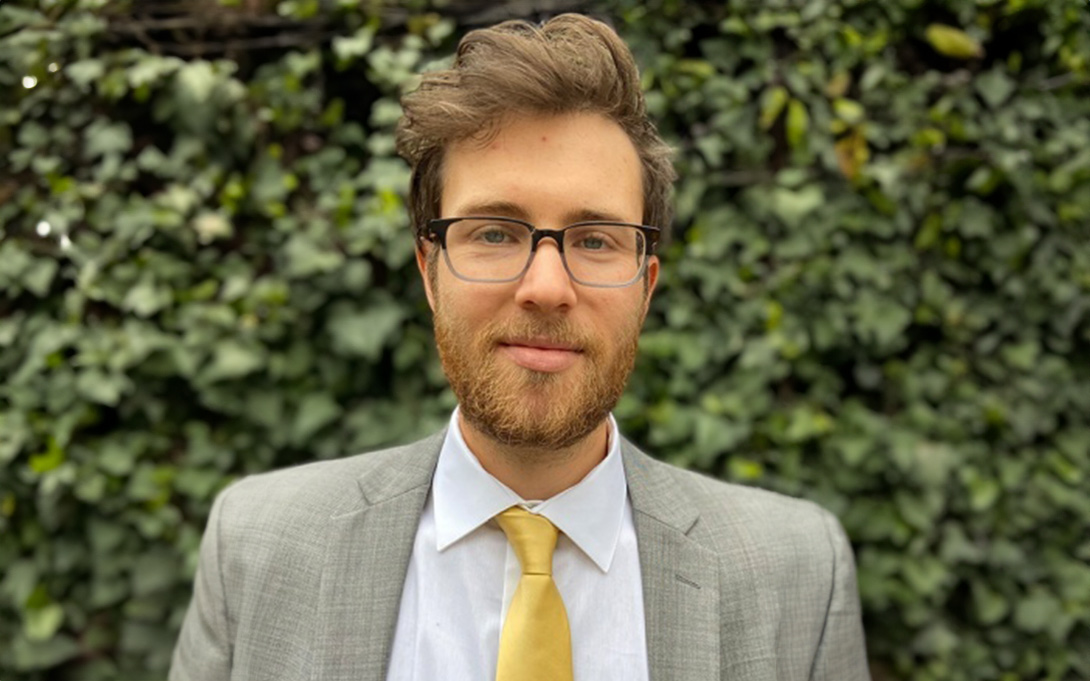
Ford School PhD candidate Micah Baum is the 2024 winner of the Peter Eckstein Prize for Interdisciplinary Research, a competitive student award that celebrates the value of interdisciplinary research in public policy.
Baums’s research paper, "Distributional Consequences of Supply Expansions in the Homeownership Market," provides new evidence of how housing supply and demand interact to shape household location decisions within cities.
“Micah’s paper is distinguished by its clarity of prose and distilled thought that will be welcomed by and accessible to those less enthralled to the dismal science,” said Ford School writing instructor Alex Ralph, who chaired the selection committee. “Moreover, he brings interdisciplinary insights, most especially those from sociology, to the highly interdisciplinary topic of gentrification. The Eckstein Prize Committee found Micah’s paper rigorous, lucid, and eminently deserving of the prize.”
Baum looked at the city of Houston, TX to understand the dynamics at play when a city tinkers with lot size requirements to encourage new single-family home construction downtown. The result? Several of the hallmark traits we associate with gentrification. More higher-income households moved downtown, while poor families moved out; downtown rents also increased.
Baum’s empirical analyses are anchored firmly in the field of economics. He also drew heavily from the sociological literature on neighborhood effects and segregation, including on Ford School professor Jeffrey Morenoff’s work on neighborhood social capital.
About the Eckstein Prize
The Peter Eckstein Prize for Interdisciplinary Research and Policy Analysis is awarded to a Ford School student or group of students whose work exhibits the use of theories, concepts, frameworks, research methods, or other tools from two or more disciplines in researching, analyzing, or furthering understanding of a topic, issue or debate related to public policy, domestic or international. The prize was established in 2019 by a gift from Peter Eckstein (LSA ‘59), a student of both economics and social sciences. Throughout his career he saw the value in combining the two fields to explain economic phenomena.
More news from the Ford School